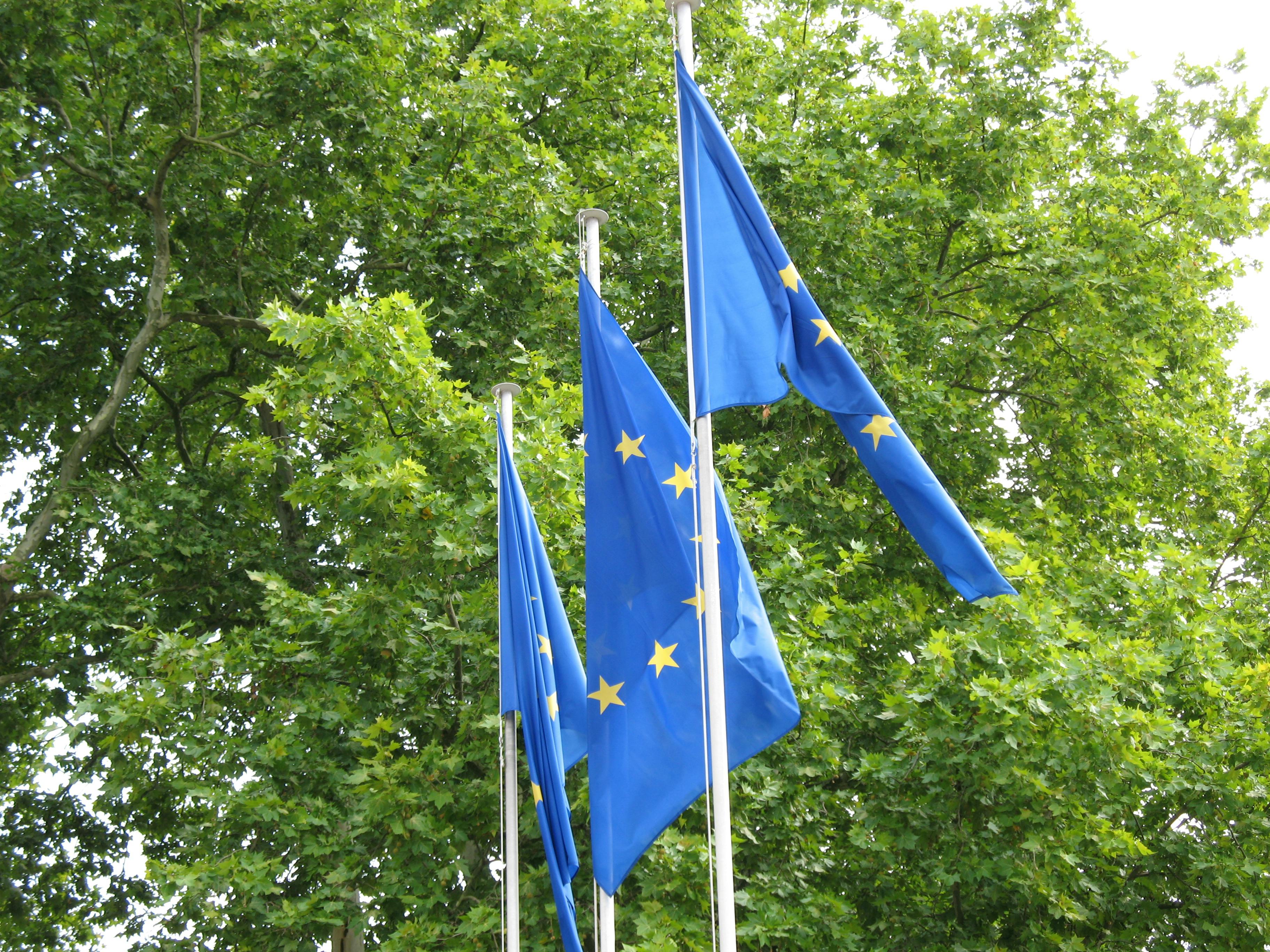What should the EU do to keep its sustainability agenda after the European elections?
Faced with fierce opposition to the Green Deal, the EU must take a comprehensive approach to its sustainability policies to ensure that they are effective in protecting our environment and climate; accepted by citizens and international partners; and aligned with geopolitical demands.
Following Jacques Delors’ vision, sustainability should be addressed in its three dimensions: environmental, economic and social. EU policies need to ensure economic prosperity and competitiveness while protecting and restoring our environment and maintaining our climate ambitions. Where green policies require short-term economic costs, the social impact needs to be alleviated through targeted measures.
The EU’s sustainability agenda also needs to consider the internal and external dimensions equally. Green policies have an economic and social impact within the EU and for our trading partners, especially for developing and least developed countries. Establishing strong partnerships with these countries will allow the EU to drive forward the green transition, both at home and abroad. This includes building sustainable raw materials value chains.
Finally, in both domestic and international policy, less tangible aspects, such as the way in which decision makers explain their policies and engage with stakeholders, are paramount to successful climate and environmental policy. Communication on the Green Deal needs to put greater emphasis on the interlinkages between environmental sustainability, economic prosperity and security.
Geneviève Pons, Director-General and Vice-President
If the EU is to keep an ambitious climate agenda, it will have to address the backlash it faces both domestically and internationally. It is less a policy issue than a political one at this stage: Decision makers will have to avoid caving in to the farmers’ lobby and other stakeholders who would do anything to keep the status quo, which benefits them in the short term, but will destroy livelihoods in the long term. At international level, the EU will have to differentiate between actors with real concerns and bad faith actors who instrumentalise arguments with the aim to delay the implementation of important climate measures, such as the CBAM. Due to the size of the transformation, the green transition will require adjustments – this is why the EU should ensure that green policies are agile and adaptable, and allow for course corrections on the way, all the while staying on track to reach the climate targets. EU leaders will also have to invest significant amounts of money to ensure that they manage this transition; and find the courage to explain the dire consequences and costs of inaction to their electorates. The more decision makers wait, the less we will be able to steer our response to the “double whammy” of the climate and biodiversity crises.
Sophie Pornschlegel, Director of Studies
To ensure the continuity of the EU's sustainability agenda, the EU should carry out and uphold the commitments made thus far. For instance in trade policy, the EU has made significant strides to green its trade agenda, translating the Green Deal into multiple groundbreaking measures, such as the Carbon Border Adjustment Mechanism (CBAM) and the Regulation on Deforestation-free Products (EUDR). Yet, these measures will only be as successful as their implementation in practice – a task that will fall onto the next Commission. To ensure the effective and smooth implementation of approved files, the Commission should focus on three aspects: i) ensuring sufficient allocation of human, technical and financial resources for these purposes at both EU and member state levels; ii) strengthening cooperation with affected partner countries by providing timely information and targeted financial assistance; iii) enhancing internal coordination among Commission services to break silos between domains and ensure that the EU speaks with one voice.
Cláudia Azevedo, Policy Analyst, Greening Trade
With regard to agriculture, the EU should set even more ambitious legislative targets for emissions reductions if it is to mitigate the effects of both the climate and biodiversity crises. It would also need institutional reforms to avoid “policy capture”, a situation in which policy decisions are diverted from the public interest towards a particular interest due to a few powerful stakeholders. The EU should also focus on better communicating how the transition towards a more sustainable agriculture is not only compatible, but essential to strengthen the sector's competitiveness. Greening should not be seen in opposition to fair livelihoods for every actor along the agri-food chain, but rather as an investment policy to build self-sufficiency and resilience. This shift in narrative can only happen if the EU succeeds in proposing a fair, equitable and nature-based Common Agricultural Policy post-2027 – especially for the livestock sector, which makes up a huge share of emissions – and in balancing the impact of enlargement on the Single Market.
Arianna Lombari, Policy Analyst, Agri-food
Regardless of the outcome of the European elections, the climate and biodiversity crises will persist and increasingly affect our daily lives. Consequently, EU stakeholders will face their impacts more and more frequently, and severely. While recent legislative efforts such as the Nature Restoration Law mean significant progress, the time has come for the EU to integrate sustainability as a core principle throughout all its policies. This shift of approach must not be viewed as an additional burden, but rather as a promising solution that transcends current silos and narrow objectives. I believe that embracing sustainability will only foster a more inclusive and equitable Europe, ensuring the well-being of both its people and its natural environment.
Martin Binachon, Policy Analyst, Ocean
After focusing on the “green”, the next European Commission must look to the “blue”: It should come up with an ambitious and holistic agenda to protect and restore the ocean, an often-overlooked aspect of the climate and biodiversity discussions at EU level. The ocean provides Europe with “essential services”, for example, it plays a fundamental role in regulating Earth’s climate. It also offers plenty of solutions for the EU’s sustainable transition, such as carbon sequestration through restored marine and coastal ecosystems, and the development of blue biotechnology applications in pharmaceuticals, cosmetics and textiles that can provide sustainable alternatives to land-based resources. In a nutshell, the ocean is one of the EU’s greatest assets in securing a sustainable, fair and prosperous future. To ensure that the ocean is not a “footnote” in the next EU cycle, Europe Jacques Delors collaborates with the Oceano Azul Foundation to advocate for a “European Ocean Pact”: a strategy to regenerate our ocean and harness its full potential.
Eliott Valverde, Policy Analyst, Ocean
In the coming mandate, the EU needs to resist the temptation of turning inward and focusing solely on green policymaking within Europe. Its efforts towards achieving climate neutrality will be insufficient to address the global problem of climate change, especially if other countries do not pursue ambitious objectives. One important field of action should therefore be climate diplomacy, where the EU needs to take a leadership role in negotiations and work towards achieving consensus on multilateral climate agreements and their implementation. The second is an active EU engagement with partner countries in building their capacity for the green transition. An open dialogue on environmental and climate standards as well as technical and financial assistance will need to be a central element of European external policy. This could have the added benefit of raising acceptance for those unilateral EU policies affecting its trade partners and help to dismantle allegations of green protectionism.
Helena van Thiel, Project Assistant









